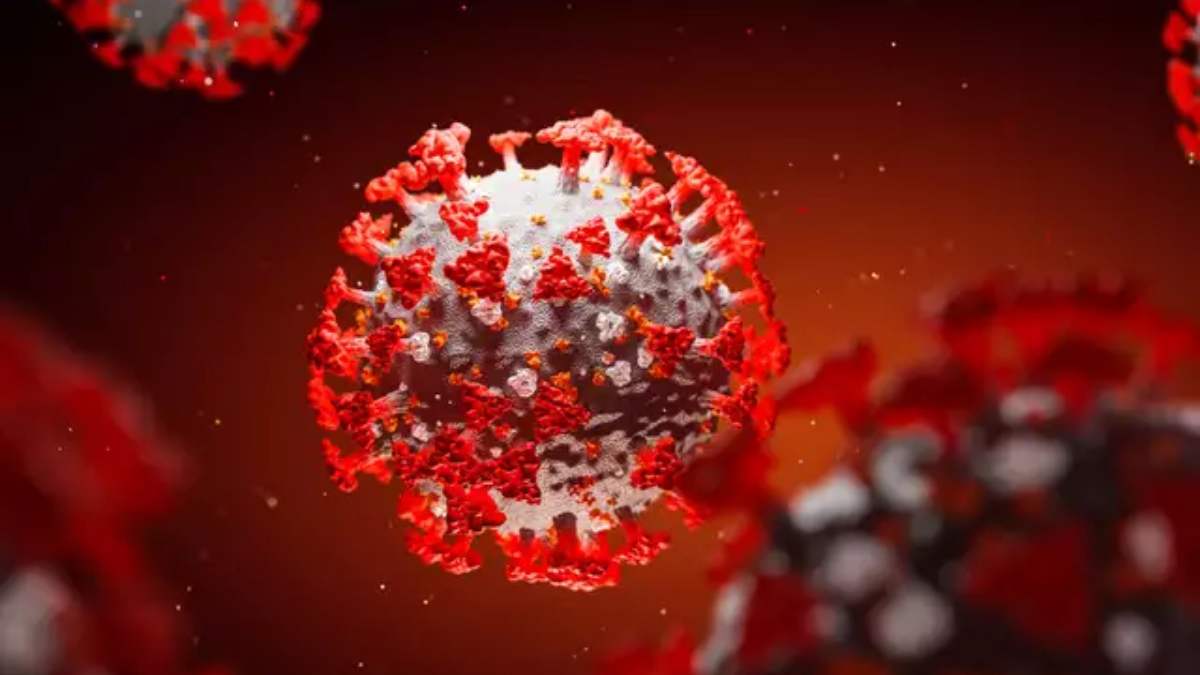
Last year, when the pandemic took its peak, few patients with Covid-19 whose symptoms were initially mild developed long-term neurological problems. While there was no strong evidence at that time, researchers around the world continued to research on this subject. Now, there have been several studies that have made the link between Covid-19 and increased risk of neurological disorders.
There are reports of ‘brain fog’ with broad psychological symptoms, including low energy, problems concentrating, disorientation and difficulty finding the right words. In parallel, several studies have provided evidence that Covid-19 patients can develop a range of neurological complications including those arising from encephalopathies, inflammatory syndrome, microbleeds, and autoimmune responses. In Covid and post Covid phase, due to ones hyper coagulable state, stokes are common, which can cause rapid or sudden decline in cognition, in fact post-Covid when we see sharp and sudden decline in cognition or behavior, one should think of stroke in the ACA or PCA blood arterial territories in brain. These reports ascertain that Covid may leave a permanent scar on ones neurological health.
How a respiratory disease leads to neurological and psychiatric effect?
Besides the hallmark symptoms of Covid, such as fever, cough, shortness of breath, diarrhea, etc., many people experience symptoms related to their brain & nervous system, including dizziness, headache, debilitating fatigue and brain fog or cognitive impairment i.e., issue remembering, learning and concentrating. While symptoms tend to go away once the person recovers, some Covid-19 survivors experience long-term effects.
A recent study published in The Lancet states that the deficit in cognition was worse among people who had more severe respiratory symptoms and among those who received a confirmed positive test. The researchers adjusted their analysis to account for differences based on age, gender, education or other demographic & socioeconomic variables. This report is the third in two months to flag the impact Covid-19 has on the brain.
In June this year, a team led by neuroscientists and researchers in Oxford University published that they found significant loss of grey matter in Covid-19 patients – which indicates some brain damage – and the areas that were affected involved functions relating to smell, taste, cognition and memory formation. Scientists and clinicians attending the 2021 Alzheimer’s Association International Conference reported findings from Greece & Argentina that suggested Covid-19 left older adults with cognitive impairment, including lasting lack of smell and early Alzheimer-like symptoms. However, it is important to note that these conditions will crop up only if the patients get hypoxic or when there is an inadequate level of oxygen in the tissues and cells.
How does one identify neuro & mental health symptoms in Covid recovered patients?
The common neurological problems include:
• Headaches
• Dizziness
• Impaired consciousness
• Uncoordinated muscle movements
• Seizures, and strokes
• Post-ICU Syndrome, which comprises cognitive, psychological, and neurological symptoms
• Mental health issues include: Anxiety, Sleep difficulties, Depression, Post-traumatic stress disorder (PTSD)
Neurocognitive testing, psychiatric evaluation, and diagnostic imaging even after recovery should be continued for at least 6 months. Apart from this, there is a need of a strong support system for patients and their caregivers.
Above all, we must understand that a one-size-fits-all’ approach to treat long-Covid will not work. Therefore, a holistic approach is a must. One should refrain from following trending solutions claiming to fix all your long-Covid symptoms. A personalized assessment and tailored nutritional management along with physical & psychological coaching are needed to help with faster recovery. Speak to your doctor and learn effective brain exercises. Avoid alcohol and refrain from self-medication; also, avoid any medications that might cloud the way your brain works.
The writer is Consultant-Neurologist, SL Raheja Hospital, Mahim-A Fortis Associate & Dr Rima Chaudhari, Consultant-Neurology, Fortis Hospital, Mulund















